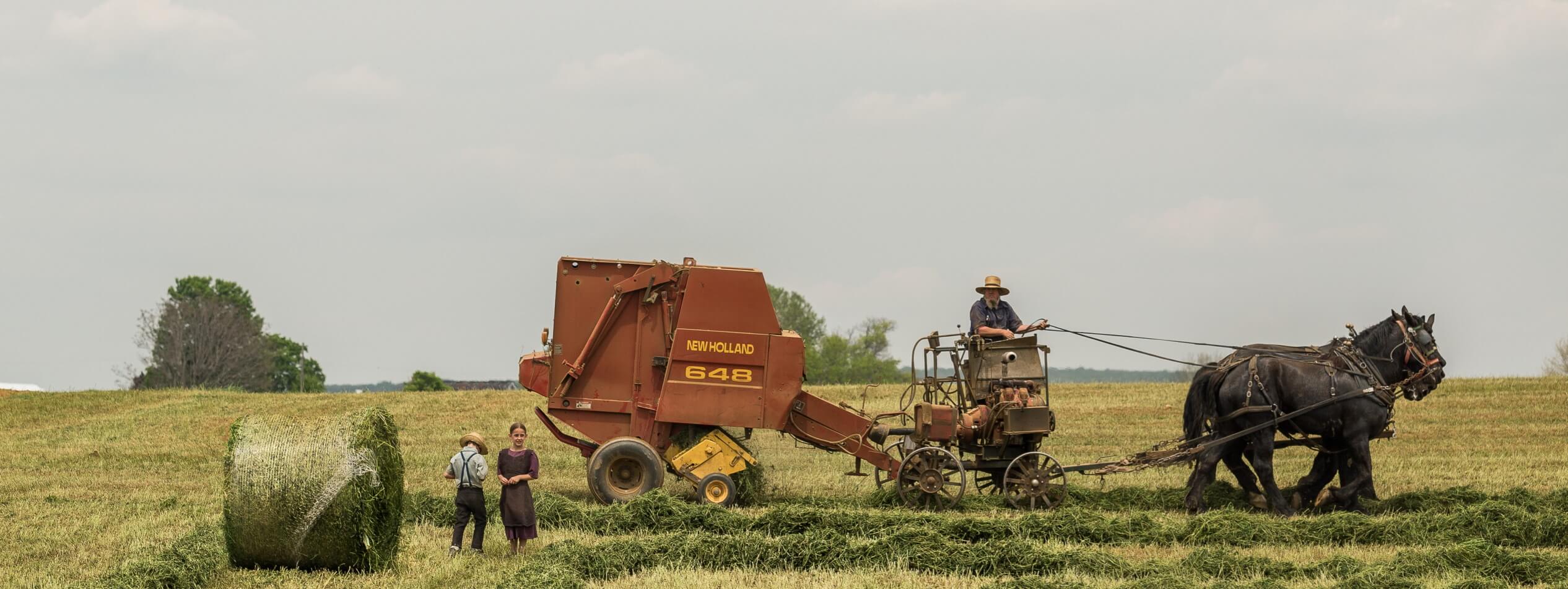Challenging thought
I listened to an interesting interview with Dr Jonathan Lundgren where he shared a very challenging and thought-provoking sentiment: “All this regenerative stuff sounds great, but what is it going to cost me to change? And I think that that’s really the wrong question. I think that at this point in farming, the question is what is it going to cost you not to change? It’s going to cost you your farm. It’s going to cost you your grandkids. What’s it worth? What’s it worth not to change? We need to wake up.”1
I would like to expand further on this. Can we afford not to change when we look beyond the individual farm and look at the entire agricultural industry and the way food is produced? What will it cost environmentally, and long-term economically, if we do not change?
Dealing with change
I come across this question quite often as well. What is it going to cost to change my farm and implement all these sustainable practices? The other comment I often come across is that those practices work in other places, but they will not work on my farm. From a broader food perspective, people say they can’t afford more environmentally friendly food, because it is more expensive. Or people don’t want to cook for themselves, but rather prefer the convenience of fast food or pre-packaged food. I completely understand this resistance to change.
We encounter resistance to change in many spheres of life. It is often said that people are always resistant to change. This is not necessarily true. The best example I have heard of people embracing change is having kids. Most people welcome, celebrate, and joyfully introduce that massive change into their lives. That is because the reward of changing far outweighs the discomfort of adapting our lives.
Can we afford not to change the way we farm and what we eat?
This question is important for both producers of food, and eaters of food. There is mounting pressure on agriculture for the environmentally destructive practices that have traditionally been used to produce the food we eat. Yes, the farmers carry a burden of responsibility for the land they farm. But so does everyone who eats the food.
I am not an advocate of the vegetarian and vegan movements to reduce the environmental impact of agriculture. I have explained why in this article: To eat or not to eat (animal produce), that is the question. But that does not mean I think our current food system is sustainable. We are faced with a pressing question: what is it worth not to change?
What would this change look like?
For farmers, it would look like sustainable, regenerative agriculture.
We need a major shift to regenerative farming
Sustainable food production: Is agriculture playing its part?
For everyone else, it would look like informed, responsible consumers.
Changing the way we think about food
Source
- Jonathan Lundgren On No-Till and the regenerative Ag movement. No-till farmer podcast. 20 December 2019.
- A carbon footprint assessment for pasture-based dairy farming systems in South Africa - 2024-02-07
- What progress have farms participating with Trace & Save made over the past 10 years? - 2023-09-06
- Carbon footprint reduction over time: Lessons from pasture-based dairy farms in South Africa - 2023-09-04

